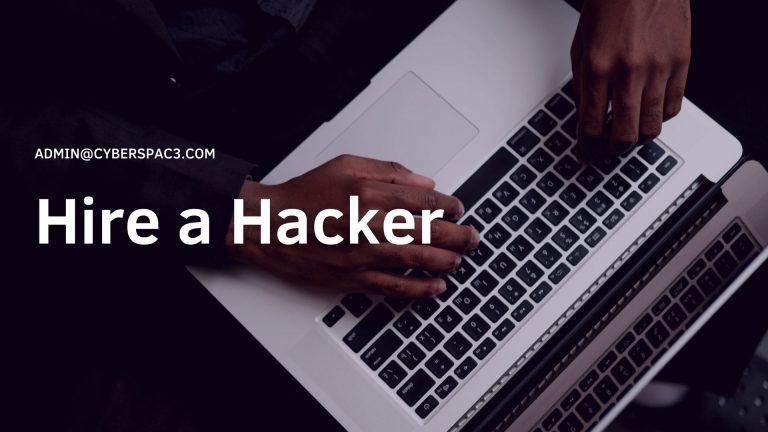How to Clear Criminal Records

How to Clear Criminal Records: A clean criminal record is essential for countless aspects of life, from securing employment and housing to regaining personal peace of mind. Unfortunately, a criminal record can cast a long shadow over an individual, making it difficult to move past past mistakes. In this article, we’ll explore the steps and processes to clear a criminal record and the transformative benefits that come with it.
How to Clear Criminal Records: Understanding Criminal Records
A criminal record is a comprehensive document that contains information about a person’s history with law enforcement, including arrests, convictions, and charges. This record is accessible to employers, landlords, and the public, which means it can be a substantial barrier to obtaining jobs, housing, and even certain rights. It’s important to note that the specific details included in a criminal record may vary from one jurisdiction to another.
GET YOUR CRIMINAL RECORDS CLEARED TODAY.
How to Clear Criminal Records: Eligibility for Record Clearance
The eligibility for clearing a criminal record varies based on several factors. These factors include the type of offense, the sentence served or completion of probation, the jurisdiction, and the specific laws in place. Each jurisdiction has its own set of rules and regulations governing record clearance. For instance, some minor offenses might be eligible for expungement, while others may not. Eligibility also depends on the amount of time that has passed since the conviction or completion of the sentence.
GET YOUR CRIMINAL RECORDS CLEARED TODAY.
Steps to Clear a Criminal Record

Clearing a criminal record is a multi-step process that requires careful attention and, in many cases, legal guidance. The following steps provide a general roadmap for those seeking to clear their records:
- Request a copy of your criminal record: Obtain a copy of your criminal record from the relevant law enforcement agency, typically the police department or the state’s Department of Justice.
- Consult an attorney: It is highly recommended to consult with an experienced attorney who specializes in criminal record clearance. They can provide legal guidance, assess your eligibility, and assist with the entire process.
- Determine eligibility for record clearance: Work with your attorney to assess your eligibility for record clearance based on the criteria established in your jurisdiction.
- Apply for record clearance: Depending on your jurisdiction and the type of record clearance, you may need to file specific forms or petitions with the court or the appropriate agency.
- Attend a court hearing if required: In some cases, you may be required to attend a court hearing to present your case for record clearance.
- Follow up on the progress of your application: Stay informed about the progress of your record clearance application and respond promptly to any requests for additional information or documents.
GET YOUR CRIMINAL RECORDS CLEARED TODAY.
Legal Processes for Record Clearance

There are various legal mechanisms for clearing a criminal record, each serving a specific purpose. Understanding these processes is crucial:
- Expungement: Expungement is a process that allows you to erase or seal your criminal record in some cases. It typically applies to minor offenses and first-time offenders.
- Sealing: Sealing a criminal record means that it is hidden from the public view but not entirely erased. This can be beneficial in cases where expungement is not an option.
- Pardons: Pardons are granted by the state’s governor or another governing authority and can forgive certain offenses. While they do not erase the record, they demonstrate official forgiveness and can help remove some of the barriers associated with a criminal record.
GET YOUR CRIMINAL RECORDS CLEARED TODAY.
Benefits of Clearing a Criminal Record

Clearing a criminal record offers numerous benefits, including:
- Improved employment opportunities: A clean record increases the likelihood of securing employment, as many employers conduct background checks before hiring.
- Better housing options: Landlords often conduct background checks on prospective tenants, making a clear record crucial for finding suitable housing.
- Personal well-being: A clear criminal record can alleviate the emotional and psychological stress associated with having a criminal history, allowing individuals to move forward with greater peace of mind.
GET YOUR CRIMINAL RECORDS CLEARED TODAY.
Resources and Support

For individuals seeking to clear their criminal records, there are various resources and support available:
- Legal Aid Services: Many legal aid organizations offer assistance to individuals seeking to clear their records. These organizations often provide free or low-cost legal representation.
- Government Agencies: Contact your local or state government agencies responsible for record clearance. They can provide guidance and information on the specific processes in your jurisdiction.
- Nonprofit Organizations: Numerous nonprofit organizations and community groups are dedicated to helping individuals clear their criminal records. They often provide educational resources and support.
GET YOUR CRIMINAL RECORDS CLEARED TODAY.
Conclusion
In conclusion, clearing a criminal record is a process that can open doors to a brighter future. It is essential to understand the eligibility criteria and the specific processes in your jurisdiction, and consulting with an attorney is often the best way to navigate the complexities involved. The benefits of a clean record are numerous, including enhanced employment prospects, better housing opportunities, and personal well-being. If you or someone you know is burdened by a criminal record, taking the necessary steps to clear it can be a transformative and life-changing decision.






